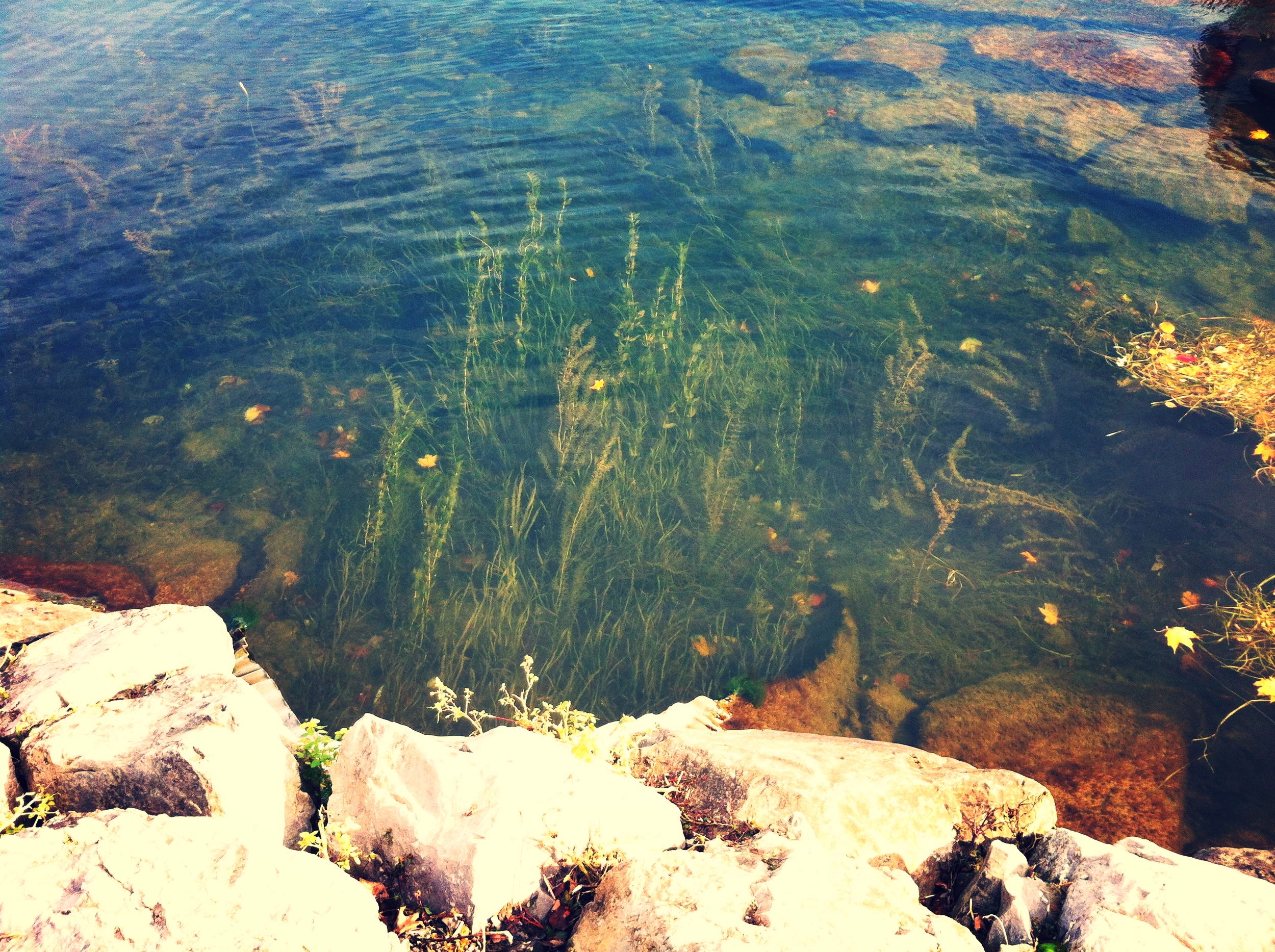Undiscovered Kingdoms
Sitting on the dock one day this summer, I was once again gazing down into the clear water and hoping for a rare glimpse of the elusive fish when I realized that no matter how often I watch or how deeply I research what might actually be happening under the surface these days—and despite the wealth of images and knowledge shared by underwater explorers like Jacques Cousteau in the past—I will never be an integral part of that watery world, and will never truly understand what it means to be a citizen of that particular kingdom.
The phrase "undiscovered kingdoms" opened up a vista of possibility in my mind. I thought about the historic era of world exploration, when sailing ships set off from home towards distant shores, loaded with supplies and crewed by a group of people who had very little idea of what they might find along the way. They didn't have cameras or technology to record their findings, and relied on words and drawings to share their perceptions and interpretations of what they had discovered.
What was the motivation of those explorers? Were they driven purely by the concept of discovery, of expanding knowledge and mutual understanding by building relationships with cultures and lifestyles previously unknown to them? Were the incentives more material in nature, banking on rewards from grateful patrons for expanding boundaries and resources channeled back to serve the known kingdom?
History tells us once new lands were discovered, there was almost always a migration of settlers from the old world to the new, and that even if these new settlers were escaping difficult conditions at home and looking for a better life, the majority of missionaries, mercenaries and pioneers arriving on foreign shores were conquerors rather than explorers, whether they realized it or not. They seemed to focus on teaching the culture they already knew and building a similar form of the society they had left behind. Looking back, it appears that they didn't really to come to learn or even realize that other kingdoms, natural and human, were already in place and had another kind of wisdom to share. Anything the new arrivals didn't understand seemed less desirable and less advanced than their familiar world.
Globalization means that more of our world is familiar to us than ever before, at least on the surface. News and images travel instantaneously to our television and computer screens. We seem to have mapped and digitally recorded the geography of almost the entire world: Google Earth and street view allow us to see practically every visual detail of the world around us. We have even sent out space probes, made that first step on the surface of another planet. We know a lot about what the world looks like in other places, and we recognize the images...but we still don't seem to be able to live beneath the surface: to respect each other's differences, to learn from each other's experience and to get along without stealing or appropriating each other's gifts.
That's the kind of explorer I would like to be, and the kind of kingdom I wish we could all create together.
